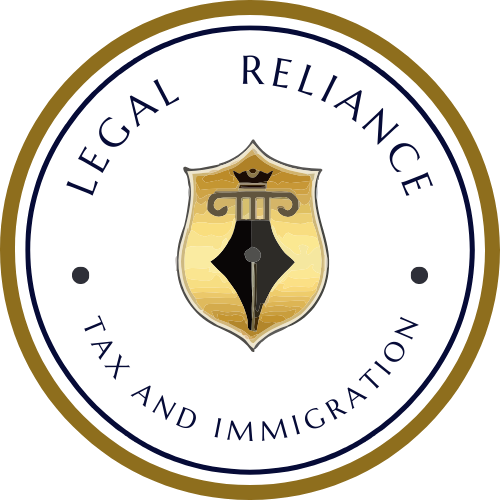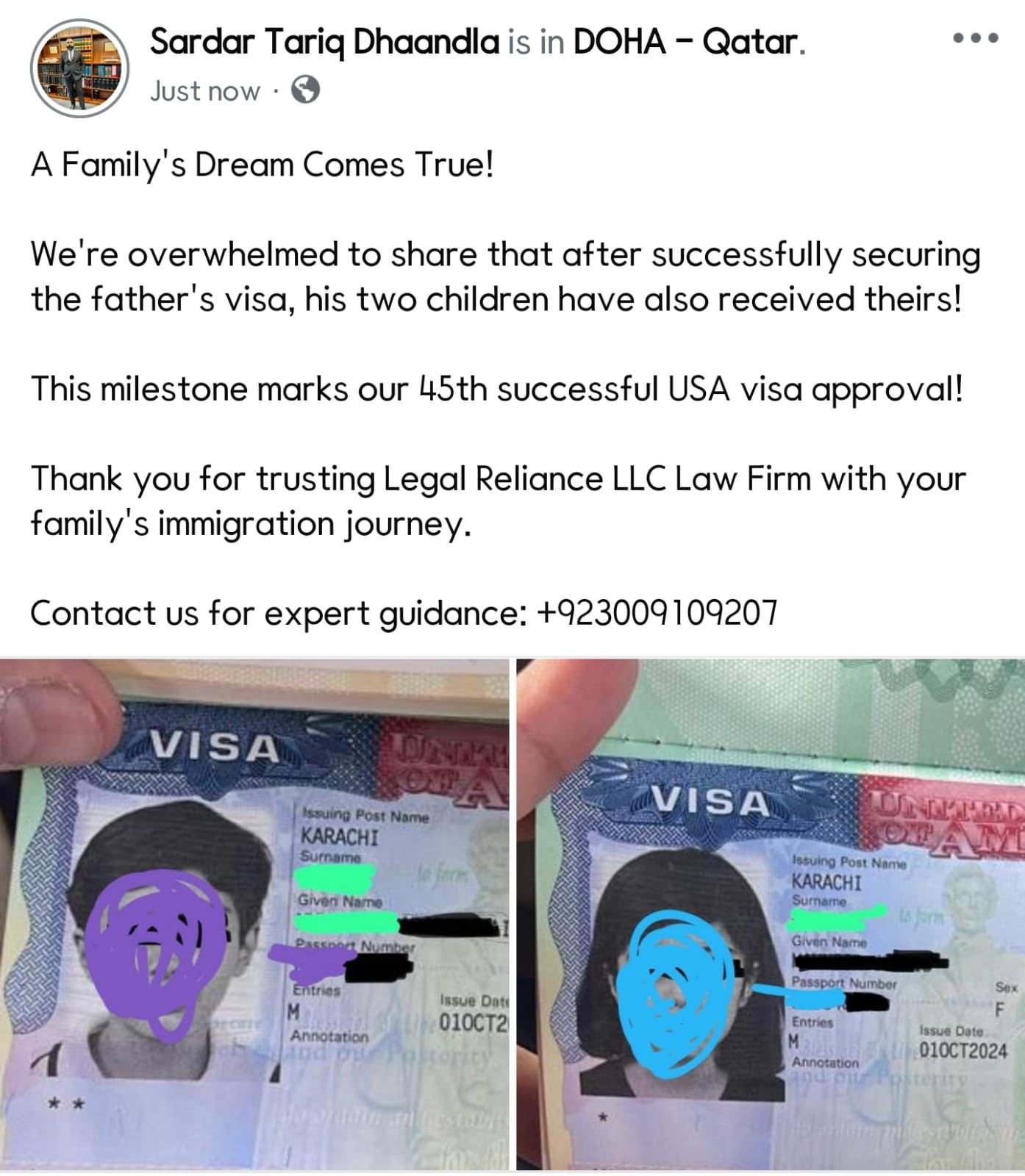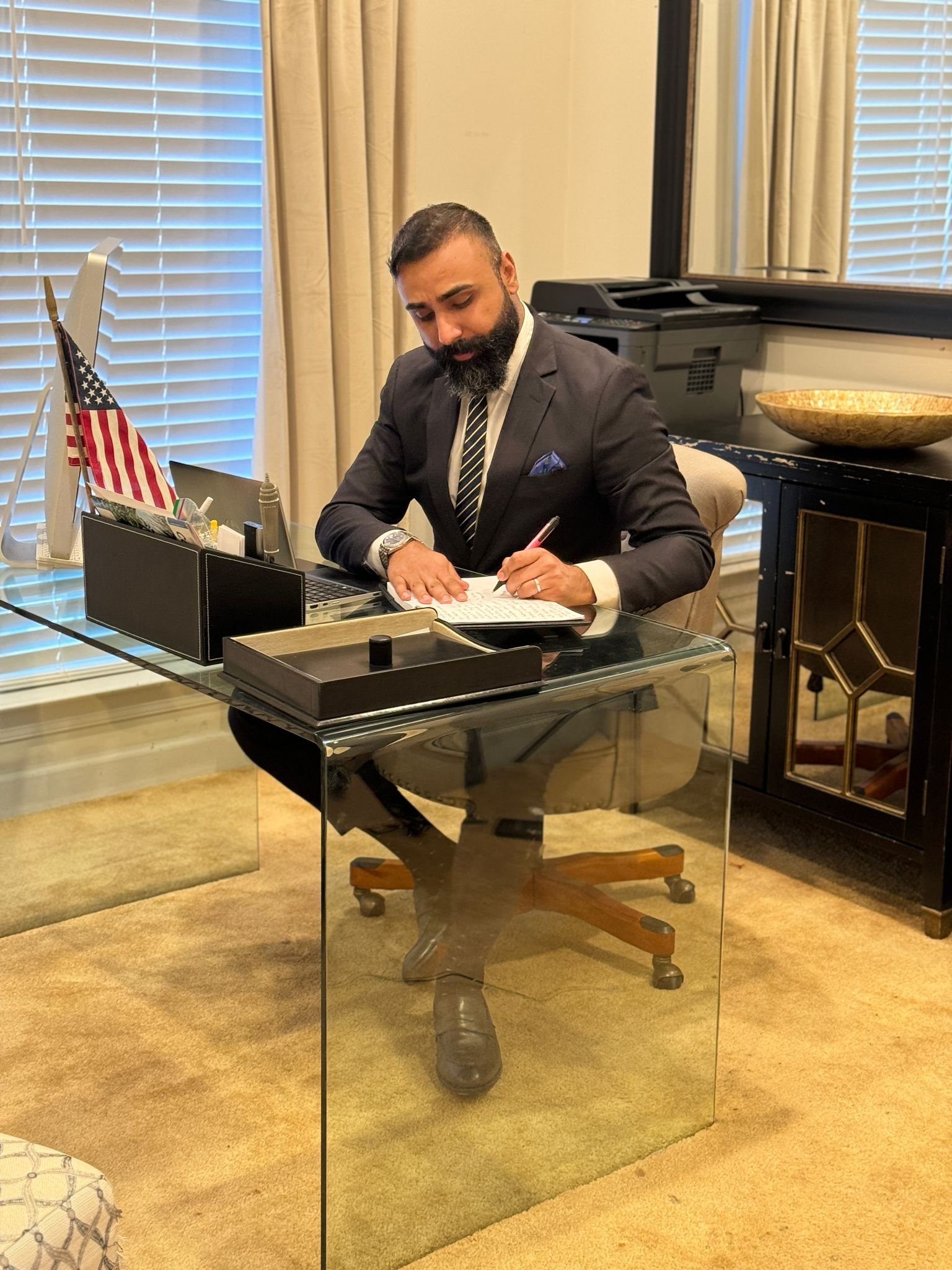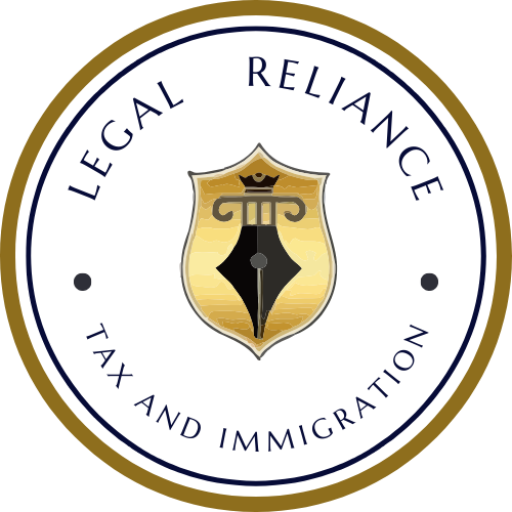The H-1B visa is one of the most popular ways for skilled foreign professionals to work in the United States. Every year, thousands of applicants compete for limited slots under the H-1B cap, making it crucial to understand the rules, timelines, and duration before applying. If you’re planning to work in the U.S. in a specialty occupation such as IT, engineering, healthcare, finance, or research, this guide will help you navigate the process with clarity.
What is the H-1B Visa?
The H-1B visa is a non-immigrant visa that allows U.S. employers to hire foreign professionals in specialty occupations that require advanced knowledge and a bachelor’s degree or higher. Because of high demand, the U.S. sets a strict annual cap, making the program highly competitive.
The H-1B Cap Explained
Each year, the U.S. Citizenship and Immigration Services (USCIS) issues a statutory cap of 85,000 H-1B visas, divided into:
- 65,000 regular cap visas for foreign professionals with a bachelor’s degree or equivalent.
- 20,000 additional visas under the advanced degree exemption for applicants holding a U.S. master’s degree or higher.
Applications usually exceed the cap by hundreds of thousands, leading to the well-known H-1B lottery system. This random selection determines which petitions will move forward for processing.
Cap-Exempt Employers
Not every H-1B application is subject to the cap. Some employers qualify as cap-exempt, including:
- Nonprofit research organizations
- Higher education institutions
- Government research organizations
If you’re hired by one of these entities, you can apply for an H-1B at any time of year without worrying about the lottery.
H-1B Duration & Extensions
Initially, the H-1B visa is granted for up to three years. It can be extended to a maximum of six years in most cases. However, there are exceptions:
- Green Card Applicants: If you’re on the path to permanent residency, extensions beyond six years may be possible.
- Recapture Time: If you spend significant time outside the U.S. during your H-1B period, that time can often be “recaptured” to extend your stay.
Important Timelines to Keep in Mind
- March: Employers must register H-1B candidates with USCIS during the registration window.
- April: Lottery selection and petition filing usually begin.
- October 1: The start date for new H-1B employment under the fiscal year cap.
Understanding these deadlines is critical, as missing them could cost you the chance to work in the U.S. for that year.
Final Thoughts
The H-1B visa cap and duration are among the most important details every skilled worker should understand before applying. Knowing how the lottery system works, which employers are cap-exempt, and how long your visa can last will put you in a stronger position to plan your career in the U.S.
If you’re preparing to apply, partnering with an immigration expert can make the difference between success and rejection. Trusted firms like Legal Reliance (legalreliance.net) can guide you through registration, petition filing, and extensions to maximize your chances of approval.








